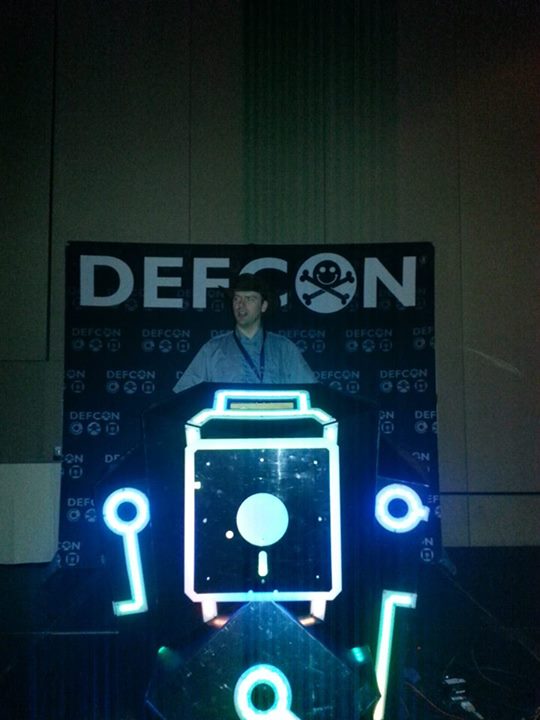According to Lorne Lanning capitalism is destroying the gaming industry. In his eyes the for-profit game development model has lead to a world where creativity is stifled by large developers. The Foundation for Economic Education has a good rebuttal by pointing out that the video game industry wouldn’t even be a thing without markets. I want to take it a step further though.
Lanning believes the solution to capitalism in video gaming is independent developers:
In today’s marketplace, Lanning pointed to the indie victories we’ve witnessed with titles like Octodad or Monument Valley. Yes, it takes money to make money, but it doesn’t have to take tens of millions.
What he doesn’t stop to consider is that independent developers are enjoying a great deal of success thanks, in part, to the major game developers that he seems to despise. There has never been a better time to be an independent game developer. This is because the development tools have become cheaper (often free) and more capable and getting titles in front of customers is dead simple.
Consider Microsoft. As much as I dislike Windows I can’t fault Microsoft for how it treats developers. Over the years it has created excellent development tools, streamlined game development with its DirectX framework, and created a distribution platform that every Xbox and Windows gamer has access to. If I want to release a game for the Xbox Microsoft is very much interested in helping me see my dream come true because it stands to profit from my success. And Microsoft isn’t the only game in town. Valve has given independent developers an amazing distribution platform for PCs with Steam. It has also given game developers a great engine called Source. I haven’t even mentioned Sony, with its PlayStation store, Google with its Play Store, or Apple with development tools and App Stores for both OS X and iOS.
It was only a few years ago when independent developers had to front the expense of developing, advertising, and distributing titles. This often resulted in a hodgepodge of a million online stores, product keys you had to keep track of, and other assorted headaches. Now an independent developer can download excellent, free developer tools and publish the completed title to the Xbox Games Store, the PlayStation Store, Google Play, Steam, and the Apple App Stores. From there users can click a few buttons and have the game downloaded to their system with minimal hassle.
Markets gave rise to today’s large developers. These large developers then created development tools and platforms that helped give rise to independent developers. Someday the independent developers will become large themselves and likely create new tools and platforms to give rise to new independent developers.
Video games have gone from a geeky hobby you got beat up for enjoying to a multi-billion dollar industry. The only reason we have capable gaming hardware, quality development tools, and easy distribution platforms is because developers of old satisfied customer wants enough to acquire the capital necessary to build these things. Had the Nintendo Entertainment System or Sega Genesis flopped it’s possible that video games would still be a niche industry. Dedicated gaming hardware such as consoles and graphics cards would likely be much less capable than they are today. Development tools would probably still be primitive due to the lack of investment in improving them. Distribution would almost certainly still rely on a hodgepodge of disparate websites and produce keys. After all, why would a large developed like Microsoft put any money into the growing the gaming industry if it didn’t stand to profit? How would Valve have acquired the capital necessary to build Steam if Half-Life hadn’t raked in so much money?
I think Lanning’s real objection to today’s gaming industry is that the best selling titles aren’t the titles he enjoys. As somebody who doesn’t enjoy today’s most popular series, such as the titular Call of Duty, I can relate. But the success of those blockbuster series hasn’t hampered the games I enjoy. Series I enjoy, such as MegaMan and Armored Core, have seen releases in recent times. Inafune, one of the creators of the MegaMan series, has even branched out on his own to release a spiritual successor. Igarashi, one of the masterminds behind Castlevania: Symphony of the Night, has also branched out to release a spiritual successor. Capitalism hasn’t destroyed the gaming industry, it has propelled it forward. All of the capital acquired by releasing blockbuster titles has given way to tools that help independent game developers. Hell it’s unlikely Oddworld, Lanning’s most well-known title, would have never seen the light of day if it wasn’t for blockbuster titles from the 8-bit and 16-bit console days creating a major gaming industry.
